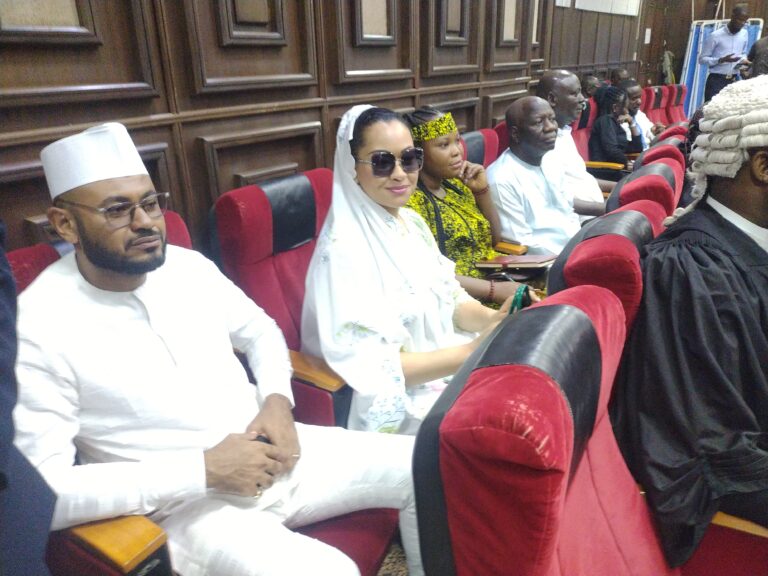Some judicial amendment proposals lack utilitarian values – JB Daudu
By Ebere Agozie A Senior Advocate of Nigeria (SAN), JB Daudu, has said some of the judicial proposals submitted to the National Assembly for review lack utilitarian values. Daudu made this known in an interview with the News Agency of Nigeria on Thursday in Abuja. “One of those proposals isContinue Reading





















